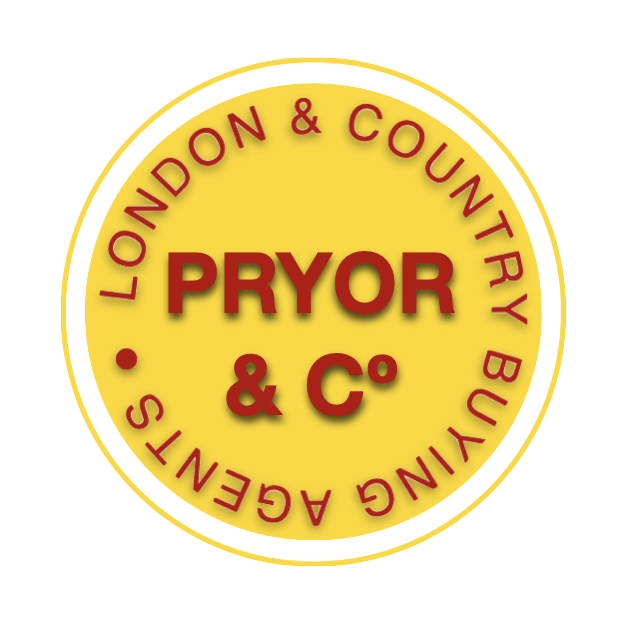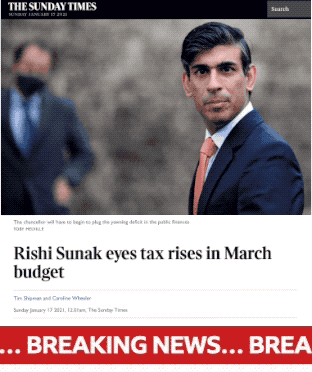An annual property tax set at 0.48% of the value of the home is being floated by a Think Tank close to the Treasury according to The Sunday Times.
While there will be no radical change to property taxes in this budget according to Tim Shipman, ministers and officials are looking at the tally of winners and losers from the abolition of council tax and stamp duty.
They would be replaced with a Proportional Property Tax, levied on the existing values of homes. Council tax is calculated on property valuations from 1991.
The consultancy WPI Economics, which is led by a former Treasury economist, is calculating the number of winners and losers in every constituency in England. Full data will be unveiled later this month, but preliminary findings show that in Sunak’s constituency of Richmond, North Yorkshire, 97% of households would be better off. The average household in his constituency would save £650 a year.
WPI’s analysis shows that the tax would be revenue-neutral — raising the same as council tax and stamp duty — if the levy were set at 0.48% of the value of a home but clearly there would be some significant changes of some especially those owners/occupiers of homes in the south east.
It’s not clear how this would apply to rented properties, whether tenants would be expected to pay this thus reducing rents or if landlords would pick up the bill as they do the Stamp Duty when they purchased the property. It’s also not clear how the tax would be tailored as Stamp Duty currently is to penalise buy-to-let and second home owners as well as overseas buyers who face an additional 2% Stamp Duty from April. Usually first time buyers would expect to pay no tax on the first £300,000 of any purchase.
According to The Sunday Times the proposal would mean someone owning a £150,000 house would pay £720 a year, just £60 a month. The average band D council tax in England for 2020-21 was £1,818. But a family in a £1m house would have to fork out £400 a month, or £4,800 a year.
Personally I suspect that this is just the regular kite-flying exercise that seems to be the norm these days ahead of a Budget, election or Party Conference. Whilst there are strong arguments to review both Stamp Duty and Council Tax I doubt that this is the preferred solution.

